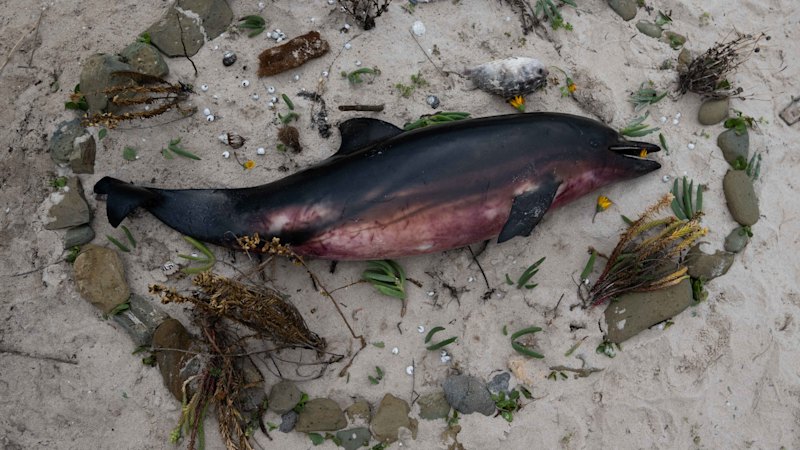
Opposition Leader Sussan Ley is set to visit South Australia on Wednesday, as the state grapples with a worsening algal bloom crisis. This visit comes a week before Prime Minister Anthony Albanese is scheduled to conduct his first inspection of the situation. The crisis has intensified to the extent that state officials are warning of possible beach closures during the summer, which could significantly impact tourism and local economies.
In response to the escalating situation, Premier Peter Malinauskas has urged the federal government to declare the algal bloom a natural disaster. Such a declaration would unlock additional funding to assist affected industries, including fishing and tourism. Meanwhile, Federal Environment Minister Murray Watt is also visiting Adelaide on Wednesday, although he has previously maintained that the algal bloom does not fit the typical definition of a natural disaster that usually applies to events like fires and floods.
As the crisis continues, it is anticipated that when Albanese visits South Australia next week, he will announce a new funding package aimed at addressing the challenges posed by the algal bloom. This event has resulted in the deaths of tens of thousands of marine creatures, and scientists indicate that it is largely a consequence of the 2023-24 Murray River flood, which introduced excess nutrients into coastal waters, exacerbated by rising ocean temperatures linked to climate change.
Government Responses and Challenges
Both the state and federal governments are facing criticism for their slow response to the crisis, with fears that the situation could jeopardize Australia’s bid to host the 2026 Conference of the Parties global climate change summit in Adelaide. Mark Butler, the federal Health Minister and a South Australian, acknowledged three weeks ago that the federal government’s response had been delayed. He stated, “The best time to have done this would have been some weeks ago, maybe even a few months ago, but the second-best time is now.”
Watt recently stirred controversy by apologizing to South Australians for “the perception” that both governments had been slow to act. The pressure is mounting on Malinauskas as well, especially after he remained on holiday during July while the crisis escalated. This has drawn comparisons to former Prime Minister Scott Morrison’s infamous trip to Hawaii during the 2019 bushfires.
Ley criticized the government’s handling of the situation, asserting that Albanese should apologize to the affected communities. She remarked, “He should front up to these communities, look them in the eye and also apologize to South Australians for his government’s failures.” Ley highlighted the disparity in government response, suggesting that if the crisis had impacted Sydney or Melbourne, action would have been swifter.
Scientific Concerns and Funding Requests
On May 27, 2023, a group of 16 marine scientists expressed growing concern about ocean warming in southern waters. They reached out to Watt, requesting a meeting and $4 million in annual funding to enhance monitoring of the ongoing crisis. Both requests were declined. The scientists, part of the Great Southern Reef Research Partnership, had previously approached then-Environment Minister Tanya Plibersek in October 2023 for funding to establish a national monitoring program, but those requests were also rejected.
As the crisis unfolds, the need for a coordinated and timely response from both state and federal governments becomes increasingly critical. The implications of the algal bloom extend beyond environmental concerns, affecting local economies and the livelihoods of many Australians who rely on the health of coastal ecosystems. The coming weeks will be pivotal in determining how effectively the governments can address this pressing issue and support the affected communities.







